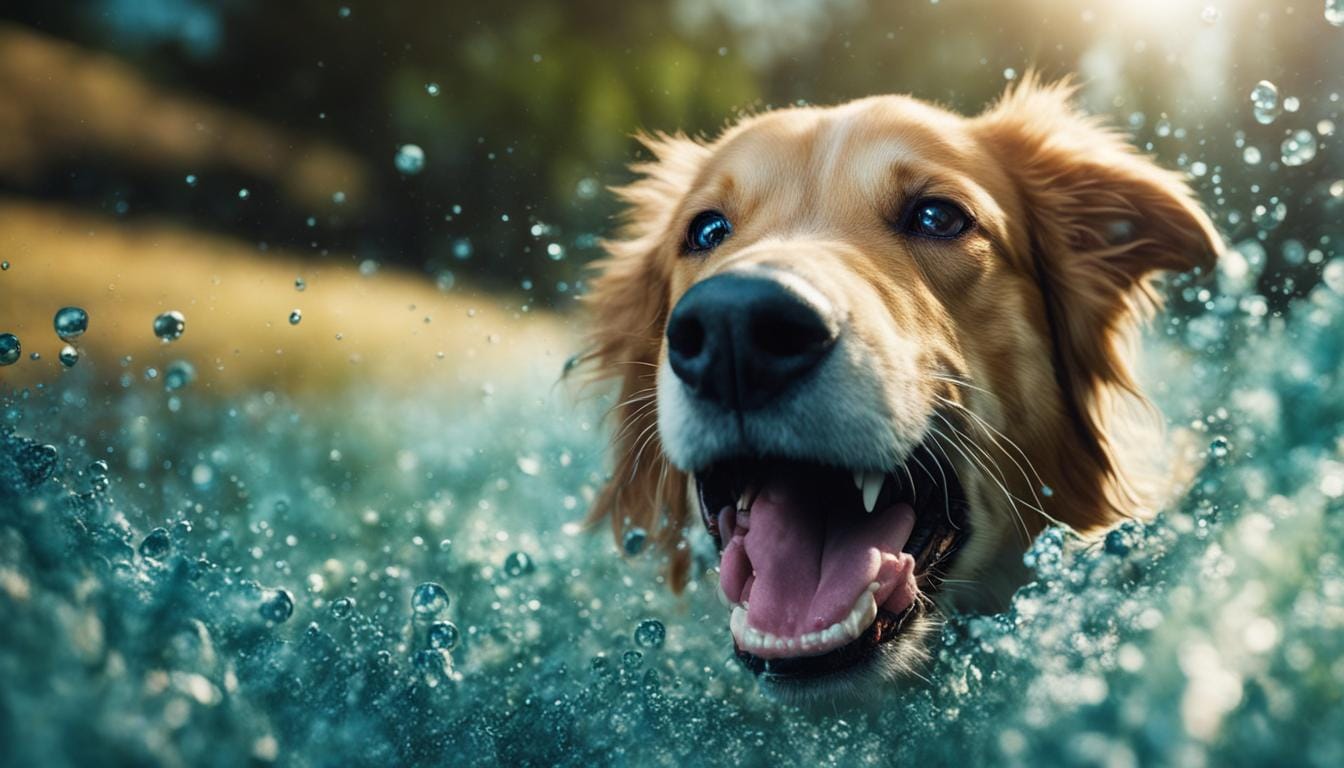Get ready to reconsider that old saying about a dog’s mouth being cleaner than a human’s. It’s a common belief, but the truth, as with most things in science, is a bit more complicated. While those doggy kisses are undeniably packed with love, they might also carry a surprising amount of microscopic hitchhikers.
Is Fido’s Mouth Really a Germ-Free Zone?
The myth that a dog’s mouth is cleaner than a human’s is just that – a myth. Both humans and our canine companions host complex ecosystems of bacteria in their mouths. We’re talking billions of bacteria representing hundreds of different species!
The key difference lies not in the quantity of bacteria but in the types of bacteria present. Think of it this way: your mouth is like a bustling human city, while your dog’s mouth is a bustling canine city. They’re both lively, but the residents and their customs are quite different.
Are jumping spiders venomous, they are not venomous, but they can bite.
What Makes Dog and Human Mouth Bacteria Different?
Most of the bacteria found in a dog’s mouth are species-specific, meaning they primarily affect other dogs. However, some bacteria can cross the species barrier, potentially causing infections in humans. These shared bacteria, such as Staphylococcus and Streptococcus, are what we need to be mindful of.
Human mouths also contain their own unique set of bacterial citizens, many of which are harmless or even beneficial. The trouble arises when there’s an imbalance in these microbial communities or when certain harmful bacteria gain a foothold.
Dog Saliva: Miracle Cure or Germ Warfare?
You might have heard tales of dog saliva having magical healing powers. And while it’s true that dog saliva contains enzymes that aid in their own wound healing, there’s no scientific evidence to suggest it has the same effect on human wounds.
However, research is ongoing to investigate the properties of dog saliva and its potential applications in human health. Some studies suggest that dog saliva may contain antimicrobial compounds that could be useful in fighting infection, but more research is needed before we start swapping our hand sanitizer for dog slobber.
The Importance of Oral Hygiene – for Both Species
Whether you walk on two legs or four, good oral hygiene is essential for overall health. For dogs, regular brushing and professional dental cleanings can help prevent dental disease, which can be painful and lead to more serious health problems down the line.
For humans, maintaining good oral hygiene practices – like brushing twice a day, flossing daily, and seeing your dentist regularly – not only protects your own health but also minimizes the risk of sharing harmful bacteria with your furry friends.
Dog Kisses: To Lick or Not to Lick?
So, should you let your dog lick your face? Ultimately, the decision comes down to your personal comfort level and your individual health status. If you’re generally healthy and don’t mind a little doggy smooch, the occasional lick probably won’t hurt.
However, it’s always wise to err on the side of caution. Infants, older adults, and people with weakened immune systems are more vulnerable to infections and should avoid contact with dog saliva. And it’s always a good idea to wash your hands thoroughly after playing with your dog, especially before eating or touching your face.
Beyond the Mouth: The Surprisingly Cleanest Part of a Dog
Believe it or not, the cleanest part of a dog isn’t their tongue – it’s their paws! Dogs sweat through their paw pads, and this sweat contains antimicrobial peptides that help keep their paws relatively clean. So, the next time you’re looking for a less germy way to show your dog some affection, a gentle paw pat might be the way to go.
Are elephants scared of mice, the answer is no.
The Bottom Line: A Balanced Perspective
The relationship between humans and dogs is a special one, filled with love, loyalty, and yes, even a little bit of slobber. While it’s important to be aware of the potential risks associated with dog saliva, it’s also important to remember that the vast majority of bacteria in their mouths are harmless to humans. By practicing good hygiene, being mindful of our own health, and staying informed about the latest scientific research, we can continue to enjoy those sloppy doggy kisses for years to come.
- Unlocking Francis Alexander Shields’ Finance Empire: A Comprehensive Biography - July 12, 2025
- Unveiling Francis Alexander Shields: A Business Legacy - July 12, 2025
- Francis Alexander Shields’ Business Career: A Comprehensive Overview - July 12, 2025















